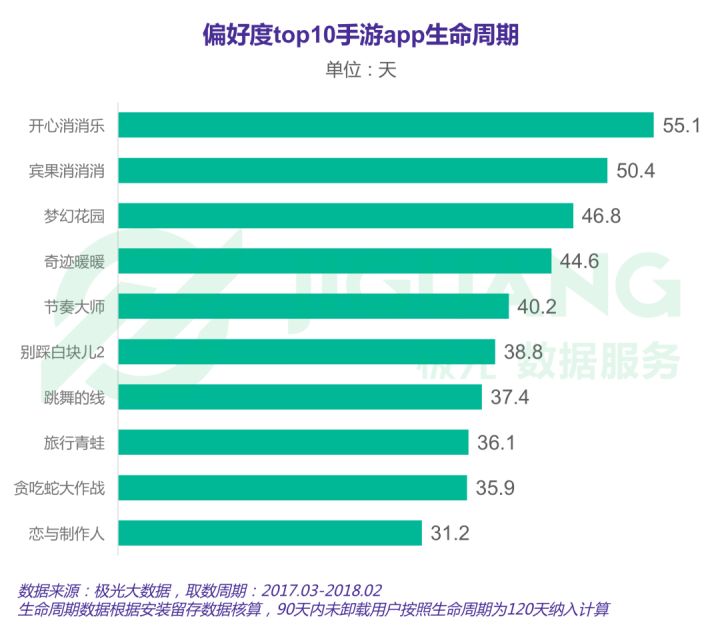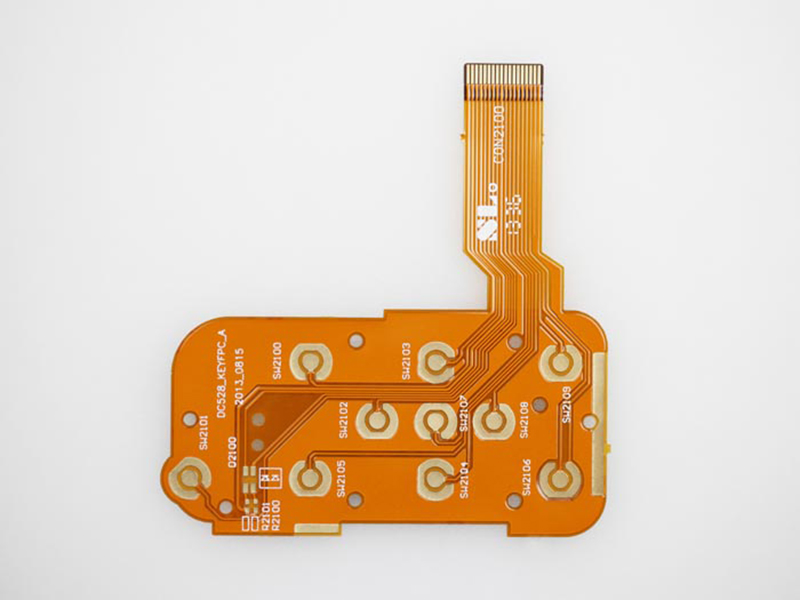Title:TheEvolutionandImpactoftheElectronicsIndustry(电子行业 英文)
The electronics industry has always been at the forefront of technological innovation, evolving continuously to shape our world in ways we never imagined. From the miniaturization of electronic devices to the advent of cloud computing, this industry has revolutionized the way we live, work, and communicate.
Innovation and Technology Advancements:
The electronics industry has witnessed remarkable advancements in semiconductor technology. These advancements have led to the creation of powerful, efficient, and portable electronic devices. The introduction of microprocessors, for instance, has significantly increased the processing power of our daily devices, enabling complex functions and enhancing user experiences. Moreover, the advent of cloud computing has allowed for seamless integration and access to data across multiple devices, further enhancing our interaction with technology.
Manufacturing and Global Supply Chains:
The manufacturing processes within the electronics industry have undergone significant transformations, driven by the demand for higher quality and lower cost products. Advanced automation and robotics have replaced many manual assembly tasks, improving efficiency and reducing production times. However, the electronics industry heavily relies on global supply chains, which can be affected by various factors such as political instability, trade policies, and natural disasters. As electronic devices often require components sourced from different parts of the world, disruptions in these international networks can have significant impacts on production. Despite these challenges, companies continue to optimize their supply chains to ensure a steady flow of electronic goods around the globe.
Consumer Trends and Market Dynamics:
Consumer preferences play a crucial role in shaping the electronics industry. There is an increasing demand for personalized and smart devices that offer convenience and connectivity. With the rise of artificial intelligence and the Internet of Things (IoT), consumers expect their gadgets not only to perform tasks but also to learn from their habits and improve their daily lives. Additionally, there is a growing focus on sustainability within the industry, with consumers seeking out environmentally-friendly products that have minimal impact on the planet. This trend has prompted electronics manufacturers to adopt sustainable practices and design products with recyclable materials.
Regulations and Environmental Concerns:
The rapid growth of the electronics industry has raised environmental concerns, with e-waste posing a significant challenge. Governments worldwide are introducing stricter regulations to address these issues, such as mandatory recycling programs and restrictions on hazardous materials. Manufacturers are also facing pressure to reduce their carbon footprint and are exploring ways to make their products more energy-efficient.
Future Outlook and Emerging Technologies:
The future of the electronics industry looks promising with emerging technologies like quantum computing, 5G networks, and foldable screens. These advancements promise faster processing speeds, improved connectivity, and new form factors that will change how we interact with our devices. Additionally, as our reliance on connected devices increases, cybersecurity becomes increasingly important. Both manufacturers and consumers are focusing on ensuring data privacy and protection against malicious attacks.
Overall, the electronics industry continues to evolve and innovate, shaping our world in ways we could only imagine. With emerging technologies and consumer trends driving its growth, the future of this industry looks bright.




















